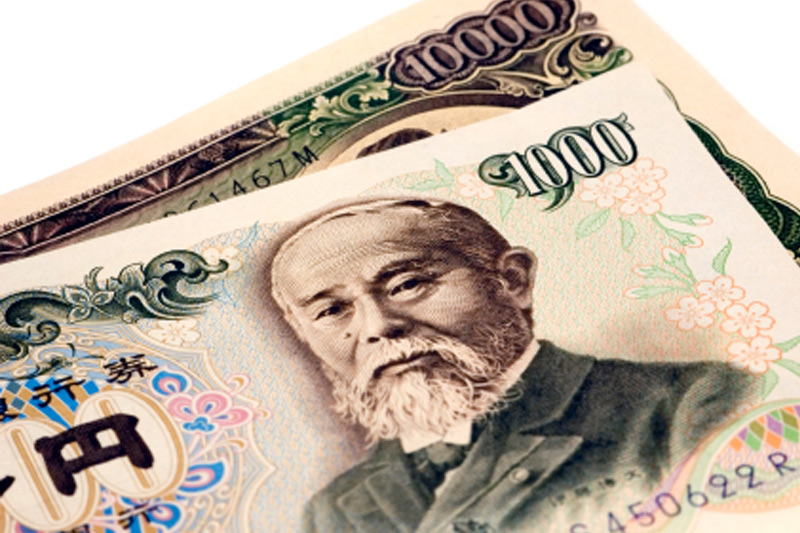Intel stock extends gains after report of possible U.S. government stake
In a recent Financial Affairs Committee session, Kazuo Ueda, the Governor of the Bank of Japan (BOJ), addressed inaccuracies in inflation forecasts and pledged to enhance data analysis for more accurate future predictions. This pledge comes in response to continual upward adjustments in the BOJ's quarterly inflation statistics.
Ueda defended the BOJ's monetary policy against criticism from Takeshi Shina of the Constitutional Democratic Party of Japan. Shina had claimed that the BOJ was neglecting price rises while maintaining its monetary easing. In response, Ueda acknowledged that the yen's depreciation was an outcome of their ultraeasy monetary policy, but he viewed exchange rate fluctuations as a side effect and highlighted the impact of yield curve control.
Despite these challenges, Ueda rejected any significant errors in policy management. He also testified to the House of Representatives' Finance and Monetary Affairs Committee about a positive trajectory towards a 2 percent price stability target. He promised to continue large-scale monetary easing measures until reaching a 1 percent inflation target.
Addressing concerns linking these measures to the yen's depreciation and high prices, Ueda identified two key factors: the influence of rising import prices on domestic ones, and a cycle where minor price increases in Japan trigger wage hikes, leading to a bounce back on prices.
On the issue of frequent upward revisions to the BOJ's inflation forecast, Ueda admitted an error in forecasting. He committed to thorough data analysis in future to ensure more accurate predictions. This commitment reflects his determination to maintain transparency and accuracy in monetary policy and economic forecasting.
This article was generated with the support of AI and reviewed by an editor. For more information see our T&C.
